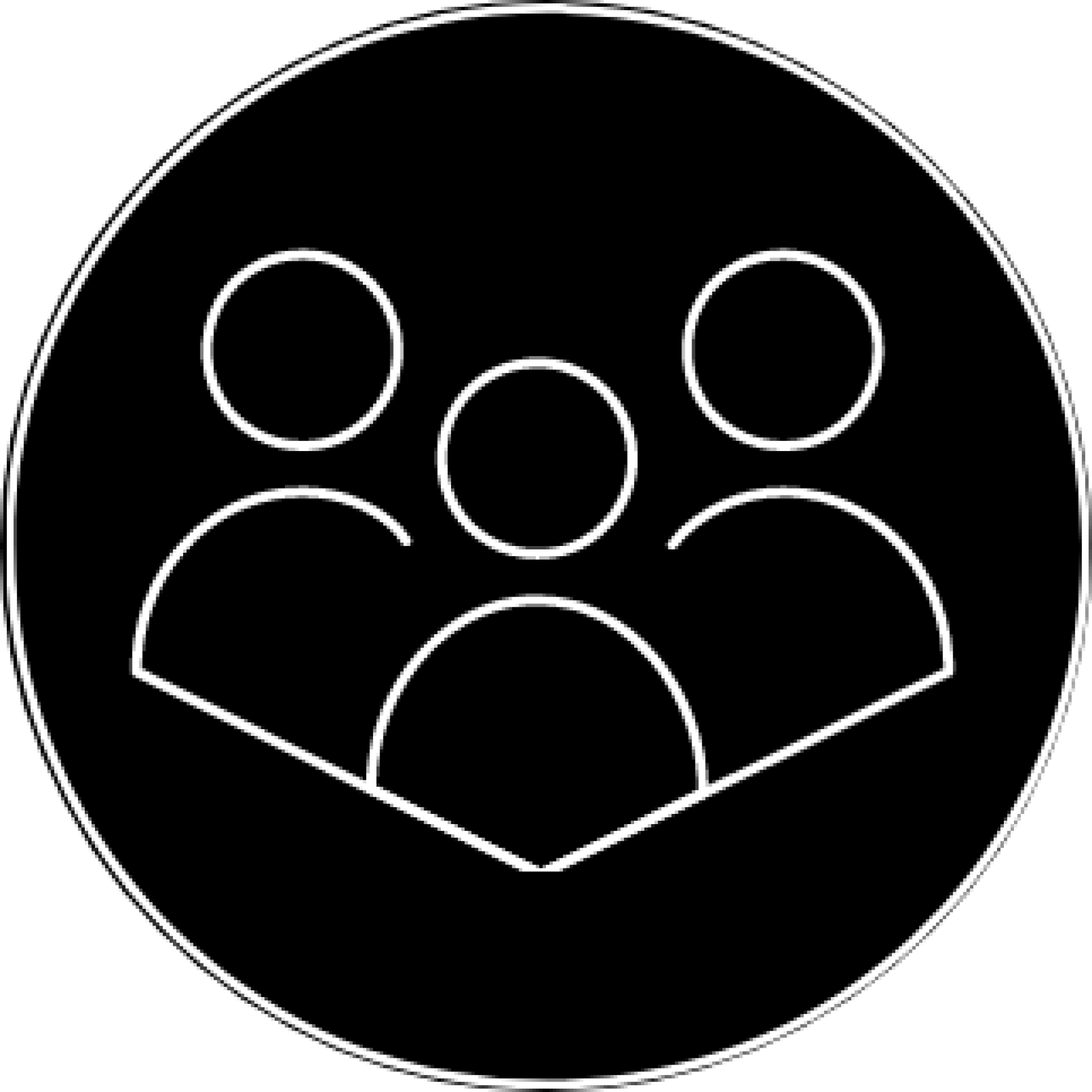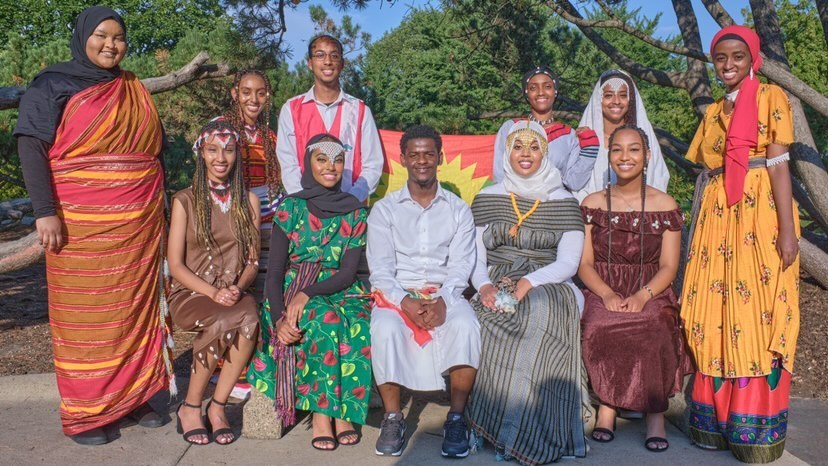As Oromo opposition politicians protested in prison, UMN students organized outreach over social media and among lawmakers.
By Sophia Zimmerman
Members of the Oromo Student Union (OSU) at the University of Minnesota are participating in a national social media campaign to raise awareness about a recently ended hunger strike of four Ethiopian prisoners who were protesting the current political regime.
All four men – politicians Jawar Mohammed, Bekele Gerba, Hamza Adane, and Dejene Tafa – identify as members of the Oromo Federalist Congress (OFC) and held a hunger strike for nearly six weeks at the Kaliti Prison in Addis Ababa, Ethiopia.
The strike ended this week, in response to lobbying efforts and pleas by local community leaders and medical professionals.
The men were arrested in June of last year following the killing of Oromo musician Hachalu Hundessa, which sparked outrage and protests leading to the death of an estimated 166 people in the Oromia region of Ethiopia The men rejected the charges against them, calling them politically motivated by the government of Prime Minister Abiy Ahmed.
Meea Mosissa, second-year student and secretary of the OSU board, said he was motivated to act from afar on behalf of these men because of his strong family ties to Ethiopia.
“A large majority of my family is still at home,” Mosissa said. “So, in a place where you can be arrested at the snap of a finger without any reason, my family is constantly at risk. For me at least, that’s a big stressor.”
The OSU, which has been a campus organization for 41 years, promotes education within the Oromo community and awareness of Oromo culture to the greater campus community.
Derartu Ansha, third-year student and Social Media Chair of the OSU Board, was behind the group’s participation in a national Twitter campaign to raise awareness. On Feb. 8, a Oromia-Wide Rally Solidarity Campaign on Twitter aimed to call attention to the hunger strike utilizing the hashtags #OromoYellowMovement and #StarvingForJustice.
Additionally, members of OSU dedicated time to contacting legislators within the state through available templates. They then talked with individuals connected to larger bases in order to spread community awareness.
“The goal of outreach is to get some people – whether it be the government body, or a human’s rights group or somebody who has the ability to do something themselves – to take action,” said Mosissa.
Efforts spread within the broader Oromo community on campus and within Minneapolis and extended to a handful of legislators, including U.S. Rep. Ilhan Omar, who expressed concern and called upon the U.S. Embassy in Ethiopia to check on the well-being of the prisoners.
The prisoner’s demands, which were a call for the release of all Oromo political prisoners, an end to mistreatment of the families of political prisoners and the free operation of Oromo political parties in elections, were not met.
For Mosissa, as for other Oromo students, these connections can become deeply personal. Despite being born and raised in the U.S., Mosissa says he grapples with the implications of ongoing conflict in Oromia due to his own ties to the region.
“After decades and decades, you see these things happen to your parents, your friends from across the street, your uncles, your nieces – you can imagine the psychological toll that takes on a person,” Mosissa said. “It’s essentially just generational trauma. It hurts me, even though I’ve personally never been back home.”

